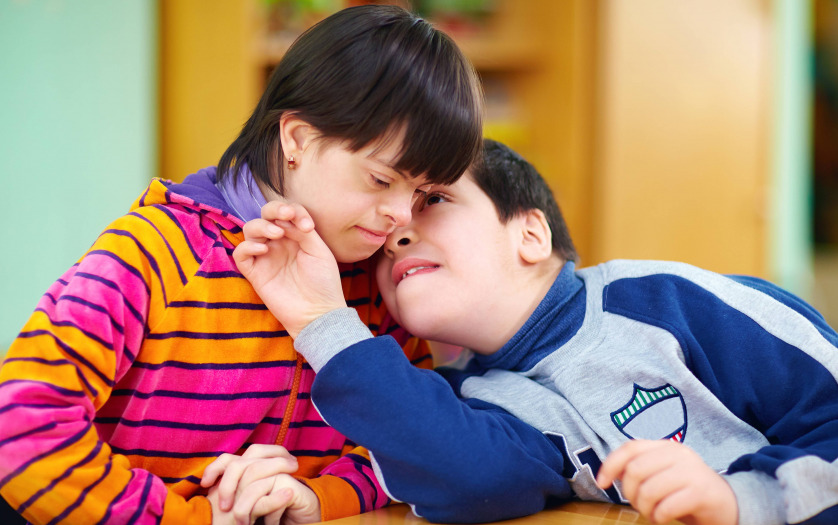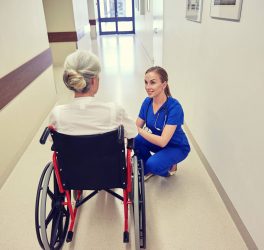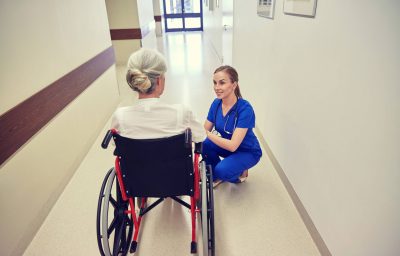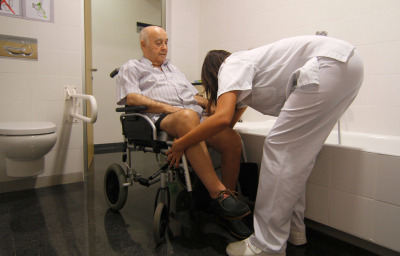
In a new report by Kōtātā insight for IHC using New Zealand’s Integrated Data Infrastructure (IDI), health and wellbeing indicators were used to see how life is for people with learning (intellectual) disability. Overwhelmingly, all indicators show very poorly. This information is not new and proves that nothing has changed since the 2003 To Have An ‘Ordinary’ Life report. This is despite having a lot more focus on disabled people by various governments over the past 20 years, including a Minister for Disability Issues, a Disability Strategy and a Disability Action Plan.
People First New Zealand is a Disabled People’s Organisation run by and for people with learning (intellectual) disability. Members have been speaking up about health and wellbeing issues for many years. Poor health indicators were raised to Te Whatu Ora (Health New Zealand) when it was setting up, and during the consultation about the new disability health strategy.
The need to improve health outcomes for people with a learning disability was in an earlier Disability Action Plan. An advisory committee was setup which included representatives from People First NZ and IHC along with many others with a lot of knowledge about what would make a big difference to the lives of people with learning disability.
A list of actions was developed. One of the actions said that paid annual health checks would make a big difference to people with a learning disability. However, none of the actions were implemented.
New Zealand is signed up to the United Nations Convention on the Rights of Persons with Disabilities (UNCRPD). Article 25 clearly states what the government needs to do to meet its obligations about health.
National Chairperson Ronnie Sione says, “We are looking to Te Whatu Ora’s Health of Disabled People Strategy to improve health outcomes for people with learning (intellectual) disability.”








